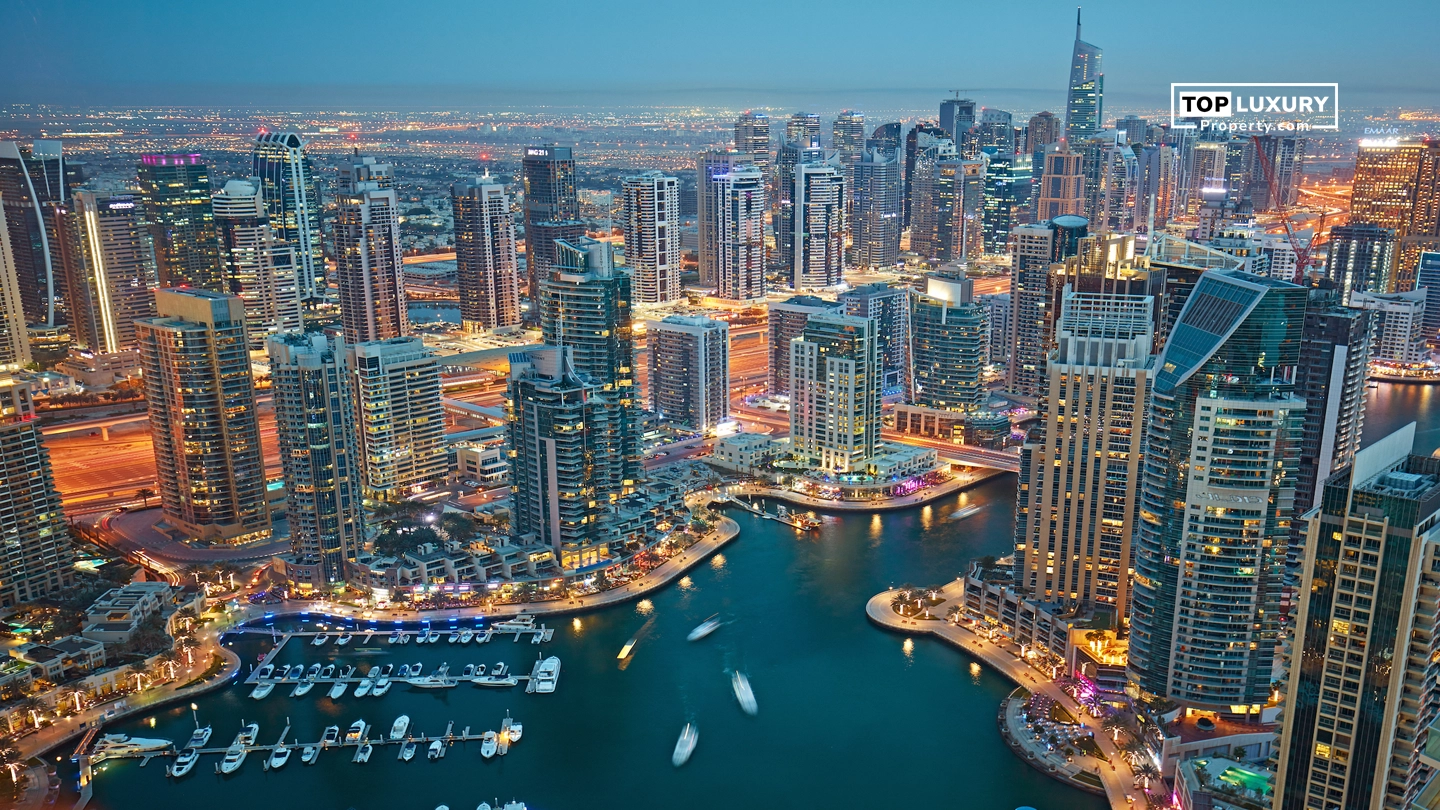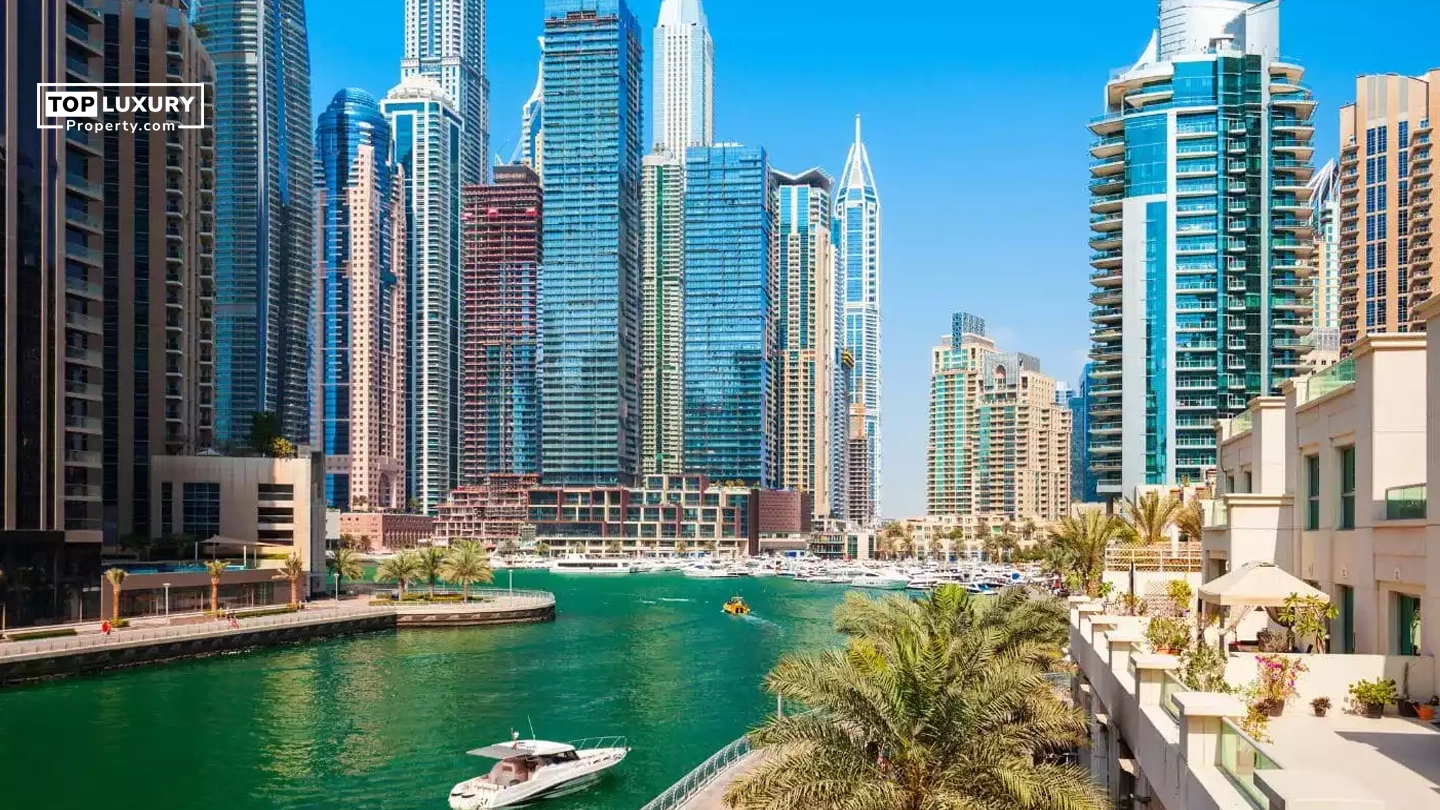Abu Dhabi, the capital city of the UAE, offers beautiful beaches, modern buildings, and tax-free income. It’s a place full of luxury, culture, and job opportunities. Many people dream of moving there, but wonder: “Can I afford it?”
If you’re thinking about moving to Abu Dhabi, you need to know how much things really cost. While photos of luxury hotels and desert tours look amazing, they don’t show you the price tags.
This guide will show you what living costs in Abu Dhabi actually looks like in 2025. We’ll give you honest information and helpful tips whether you’re a single person looking for a job, a student planning to study, or a family thinking about moving.
Abu Dhabi has many luxury areas and affordable areas too targeting different lifestyle. Knowing where you fit financially will help you decide if moving there is right for you.
Overview: What Does It Cost to Live in Abu Dhabi?
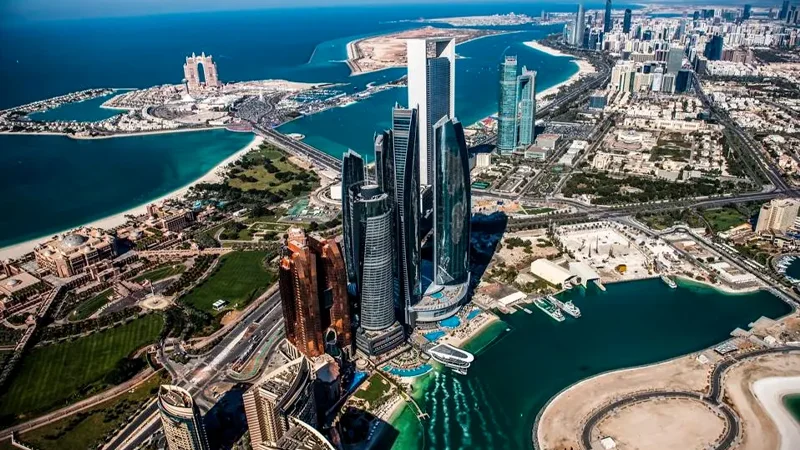
Before diving into the details, let’s get a quick snapshot of what cost of living in Abu Dhabi is for an average person or family:
A typical family of four requires approximately AED 12,182 monthly for basic expenses, excluding accommodation costs.
Single residents should budget around AED 3,477 monthly, not including housing.
Compared to Bangalore, expect a staggering 135% increase in general living expenses, while housing costs soar even higher at 337% above Bangalore rates.
The saving grace? Zero income tax. This significant advantage means your gross salary largely becomes your net income (barring the 5% VAT on purchases). Combined with exceptional security standards and infrastructure quality, many expatriates find the premium justified despite initial sticker shock.
Housing: The Primary Expense Consideration
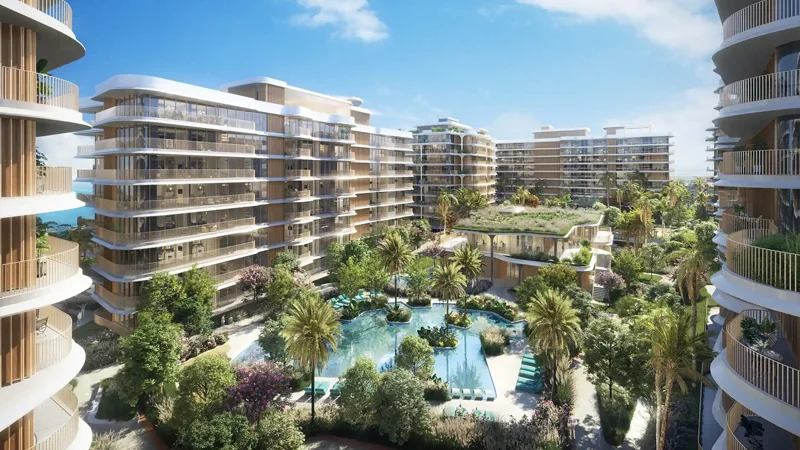
Accommodation invariably consumes the largest portion of an expatriate’s budget in Abu Dhabi, with marked variations based on location and amenities.
Rental Market Realities
For centrally located residences:
- One-bedroom apartments average AED 5,000 monthly, though rates vary between AED 3,700-7,346 depending on building quality and specific location
- Family-sized three-bedroom units command approximately AED 11,130 monthly (ranging from AED 8,000-18,300)
If you’re willing to live outside the center:
- One-bedroom apartments average AED 3,755 monthly (range: AED 3,000-5,417)
- Three-bedroom units go for about AED 8,516 per month (range: AED 6,000-15,000)
Posh vs. Affordable Areas
Posh Areas of Abu Dhabi
| Area | 1 Bedroom | 2 Bedroom |
|---|---|---|
| AI Reem Island | AED 59,000 | AED 88,000 |
| Khalifa City | AED 41,000 | AED 62,000 |
| AI Muroor | AED 39,000 | AED 53,000 |
| AI Reef | AED 48,000 | AED 60,000 |
Budget-Friendly Options:
| Area | 1 Bedroom | 2 Bedroom |
|---|---|---|
| MBZ City | AED 35,000 | AED 50,000 |
| Hydra Village | AED 40,000 | AED 48,000 |
| AI Shamkha | AED 30,000 | AED 45,000 |
| Mussafah | AED 45,000 | AED 60,000 |
If you’re looking to buy rather than rent, expect to pay around AED 21,314 per square meter in the city center, or AED 19,511 per square meter outside the center.
Food and Groceries: Everyday Essentials

Your grocery bill in Abu Dhabi will depend on your dietary preferences and whether you opt for imported or local products. When considering the cost of living Abu Dhabi, it is important to take into account what you will spend on groceries versus eating out.
Grocery Costs
Here’s what you can expect to pay for everyday items:
| Item | Average Cost (AED) | Price Range (AED) |
|---|---|---|
| Milk (1 liter) | 7.09 | 5.00 – 12.00 |
| Fresh White Bread (500g) | 5.42 | 3.00 – 8.00 |
| Rice (white, 1kg) | 8.81 | 4.50 – 20.00 |
| Eggs (12) | 12.08 | 6.00 – 24.00 |
| Local Cheese (1kg) | 39.65 | 20.00 – 80.00 |
| Chicken Fillets (1kg) | 30.26 | 17.00 – 52.00 |
| Beef Round (1kg) | 42.30 | 25.00 – 60.00 |
| Apples (1kg) | 9.02 | 5.00 – 14.00 |
| Bananas (1kg) | 6.54 | 5.00 – 12.00 |
| Oranges (1kg) | 6.86 | 3.00 – 15.00 |
| Tomatoes (1kg) | 5.46 | 3.00 – 8.00 |
| Potatoes (1kg) | 4.22 | 2.00 – 6.61 |
| Onions (1kg) | 5.16 | 3.00 – 8.00 |
| Lettuce (1 head) | 6.61 | 4.00 – 10.00 |
| Water (1.5 liter bottle) | 2.26 | 1.50 – 3.00 |
| Bottle of Wine (Mid-Range) | 50.00 | 30.00 – 100.00 |
| Domestic Beer (0.5 liter bottle) | 8.71 | 5.00 – 12.12 |
| Imported Beer (0.33 liter bottle) | 8.07 | 5.00 – 15.00 |
| Cigarettes (Marlboro, 20 pack) | 23.00 | 20.00 – 30.00 |
For a bachelor, monthly grocery expenses typically range from AED 150-1,090, while families might spend between AED 4,000-6,000 on food and groceries.
Dining Out
Eating out in Abu Dhabi offers options for every budget:
- Meal at an inexpensive restaurant: AED 15-100
- Three-course meal for two at a mid-range restaurant: AED 150-500
- Fast food combo meal (e.g., McDonald’s): AED 30-40
- Cappuccino: AED 11-35
- Soft drink (0.33L): AED 3-8
Transportation

Abu Dhabi’s public transportation option is pretty good, and it is quite easy to get around without a car. However, the cost of life in Abu Dhabi can go up fast if you rely too much on cabs, or have your own vehicle and are having to pay for petrol and parking.
Public Transport
- One-way ticket (local transport): AED 2-5
- Monthly pass: AED 80-150
- Bus pass: AED 22-44 for bachelors, AED 500-900 for students
Taxis and Private Transport
- Taxi start (normal tariff): AED 5-13
- Taxi per kilometer: AED 1.82-3.50
- Taxi waiting (1 hour): AED 30-60
- Gasoline (1 liter): AED 2.50-3.50
Car Ownership
If you prefer to drive your own vehicle:
- Volkswagen Golf (or equivalent): AED 110,000-166,827
- Toyota Corolla (or equivalent): AED 80,000-81,900
Monthly transportation costs range from AED 400-1,500 for bachelors, AED 750-1,181 for students, and AED 2,000-3,000 for families.
Utilities: Monthly Bills

Your monthly utility expenses in Abu Dhabi will include:
| Service | Average Cost (AED) | Price Range (AED) |
|---|---|---|
| Basic Utilities (Electricity, Heating, Cooling, Water, Garbage) | 524.64 | 386.36 – 971.43 |
| Mobile Phone Plan (Calls + 10GB+ Data) | 196.00 | 60.00 – 300.00 |
| Internet (60 Mbps+, Unlimited Data, Cable/ADSL) | 375.72 | 299.00 – 450.00 |
For a family home, basic utilities can range from AED 350-1,000 monthly.
Healthcare
Abu Dhabi has excellent healthcare facilities, but medical care can be expensive without insurance. Health insurance is essential for expatriates living in the emirate. The cost of medical coverage for a single person varies depending on the healthcare company and the coverage plan provided, and the average annual price starts at AED 550, or $150, for one person. Under the ‘Thiqa’ programme, Abu Dhabi Government provides full medical coverage to:
UAE nationals and those with a similar status from Abu Dhabi
UAE nationals and those with a similar status from other emirates
Non-UAE nationals sponsored by a UAE national family member
Education
Education is a significant investment for families living in Abu Dhabi, with costs varying widely based on the institution and grade level:
School Education
Preschool/kindergarten (full day, private, monthly): AED 1,500-5,000
International primary school (yearly): AED 25,000-80,000
Higher Education
University fees range between AED 20,000-70,000 annually (approximately $5,446-$19,062)
Costs depend on the university, level of study, and chosen program
Monthly Education Budget
For a family with one child: Approximately AED 2,900 ($790) monthly
For a family with two children: Approximately AED 5,800 ($1,580) monthly
These are some top-ranked schools in Abu Dhabi. Most of them follow the British Curriculum model:
- Al Muna Primary School;
- Al Yasmina School;
- Bloom Academy Al Ain;
- Brighton College Abu Dhabi;
- Cranleigh School Abu Dhabi.
Many employers in Abu Dhabi offer education allowances as part of their compensation packages, which can significantly offset these costs. It’s worth negotiating this benefit when considering job offers in the emirate.
Entertainment and Leisure
Everyone needs downtime. Here’s what recreation costs in Abu Dhabi:
- Fitness club (monthly fee): AED 120-400
- Tennis court rental (1 hour on weekend): AED 50-200
- Cinema ticket (international release): AED 40-87
- Entertainment budget for bachelors: AED 440-600 monthly
- Entertainment budget for families: AED 500-800 monthly
Cost of Living by Lifestyle

Different people have different needs and expectations. Here’s how the cost of living breaks down for various groups:
| Expense Category | Bachelors (AED) | Students (AED) | Couples (AED) | Families (AED) |
|---|---|---|---|---|
| Accommodation | 2,500–4,000 | 2,000–3,000 (PG) / 11,305–32,403 (shared) | 5,000–9,000 (1 bedroom) / 8,000–12,000 (2 bedroom) | 5,900–12,000 |
| Groceries/Food | ~1,025 | 5,000–10,000 | 350–500 | 4,000–6,000 |
| Transport | 400–1,500 | 750–1,181 | 22–30 (bus pass) | 2,000–3,000 |
| Utilities | ~1,000 | 1,000–2,500 | 88–100 (electricity only) | ~2,760 |
| WiFi | 30–80 | Included above | 20–40 | 20–40 |
| Entertainment/Shopping | 440–600 | 400–900 | 100–300 (dining) | 500–800 |
| Education & Daycare | N/A | N/A | N/A | 6,000–12,000 |
| Housemaid | N/A | N/A | 80–150 | 88–150 |
| Bus/Metro Pass | 22–44 | 500–900 | Included in transport | Included in transport |
| Miscellaneous | 100–200 | 400–900 | 50–80 | 40–80 |
How to Cut Costs in Abu Dhabi

Experienced expats have discovered several ways to save money:
1. Housing
Finding a roommate can save 30% on housing costs. Many professionals share accommodations to cut costs dramatically.
2. Transportation Rationalization
Many residents find that after calculating total car costs (insurance, parking fees, maintenance), public transport saves thousands yearly.
3. Food Costs
Cooking at home 5 days a week and treating yourself to restaurants on weekends makes a huge difference. Local markets like Mina Port sell produce at half the supermarket prices if you go early.
4. Entertainment
The Entertainer app offers buy-one-get-one deals that can save a fortune. Also, Abu Dhabi’s public beaches are just as lovely as hotel ones, and completely free.
5. Smart Budgeting
Using a budget tracking app helps identify unnecessary spending. Many people discover they’re spending too much on small luxuries like coffee shops that add up quickly.
What You Should Know Before Moving ?
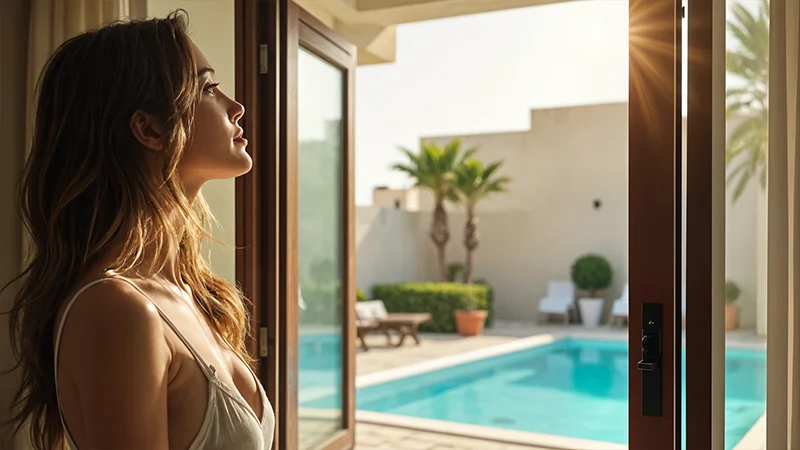
Beyond financial things, here are essential things to know:
1. Visa Process
Your employer typically handles visa sponsorship. Family sponsorship requires meeting minimum salary requirements (currently about 10,000 AED monthly for sponsoring dependents).
2. Cultural Navigation
A respectful approach to Islamic traditions isn’t just polite - it’s essential. During Ramadan, avoid eating or drinking in public during fasting hours.
Laws around alcohol, public behavior, and dress are more relaxed than in some Middle Eastern countries, but still stricter than Western norms. Women aren’t required to cover their hair, but modest dress is appreciated.
3. Weather Reality
Summer temperatures regularly hit 45°C with humidity that makes it feel like walking through soup. Plan indoor activities from June through September.
4. Tax Benefits
The lack of income tax means your salary goes further than the numbers might initially suggest. Many expats save approximately 30% more here than they could on the same salary back home.
Living Expenses in Abu Dhabi
The cost of living in Abu Dhabi can vary significantly depending on your lifestyle, where you live, and how many people are in your family. For example, while some expats live a life of luxury, others are comfortable on a humble budget. Major categories of expenses include:
- Housing: your largest monthly expense, generally, housing can be AED 3,000 or more into the AED 18,000 range, which varies greatly by area and apartment.
- Groceries: a single person spends around AED 1,000 to 1,500 in a month, while a family to AED 4,000 to 6,000 AED.
- Transportation: public transportation is cheaper, costing AED 80 to 150 monthly passes, but owning and operating a private car adds monthly costs that increase to a range of AED 2,000 to AED 3,000.
- Utilities: you can expect to incur electricity, water, and sewerage costs of between AED 350 to AED 1,000 depending on your size and usage of air conditioning.
- Education: parents with children spend between AED 25,000 to AED 80,000, per year, on schooling
- Healthcare: although you will also need health insurance (which is mandatory), minimal health costs can be as low as around AED 550 annually
- Leisure and Shopping: introduction monthly spending including gyms, cinema, and eating out typically costs a family AED 500 to 800.
Depending on your lifestyle, a family of four would require about AED 12,182 in monthly living expenses (not including rent), while a single expat (single) would typically need around AED 3,477 monthly (not including housing).
Cost of Living in Abu Dhabi for Single Person
Independent professionals/students generally experience cost of living in Abu Dhabi under three main influences: rental rates (housing), lifestyle options, and the exchange rate to their currency. These are key findings:
- A monthly total budget of AED 3,500 to 6,000 (not including rent).
- An average monthly rental of AED 5,000 for a one bedroom apartment in the city & AED 3,755 in neighboring district housing outside the city. Single people are often able to save on housing by renting an apartment with flat mates.
- No more than AED 1,000 to AED 1,500 a month if you cook your own meals. Eating out can drastically increase your monthly expenditures.
- AED 400 to 1,500 a month depending on buses and taxi or car ownership.
- An average of approximately AED 400 to 600 a month for entering events, physical activity, and socializing.
Cost of Living in Abu Dhabi for Bachelors
Living expenses for bachelors in Abu Dhabi can be somewhat higher than students, but they can be quite economical, especially when sharing. A general average of monthly expenses would be anywhere between AED 4,000 to 6,000. In summary, bachelor living costs would look at:
- Housing: private one bedrooms (for no one guest) in non central areas of Abu Dhabi can be AED 5,000 to 7,000 a month. For shared accommodation, areas like Mussafah and MBZ City have decent shared apartments or rooms for about AED 2,500 to 4,000 a month.
- Food: As a basic, when cooking for yourself food would cost about AED 1,200 to 1,800 per month depending on how much take away or eating out.
- Transport: AED 500 to 1,500 per month depending on your commute, and if you require taxi services.
- Utilities and Internet: AED 600 to 900 per month.
- Leisure and Shopping: according to your sample, around AED 500 to 800 a month for the gym, shopping malls, and social activities.
Ways bachelors reduce their living costs:
- Shared accommodation (saves renters approximately 30 to 40% on a monthly rental).
- Many food and leisure opportunities offer items at better pricing via restaurant/apps3. Cooking in bulk as opposed to having lunch/dinner out each day.
The Bottom Line: Is Abu Dhabi Worth It?
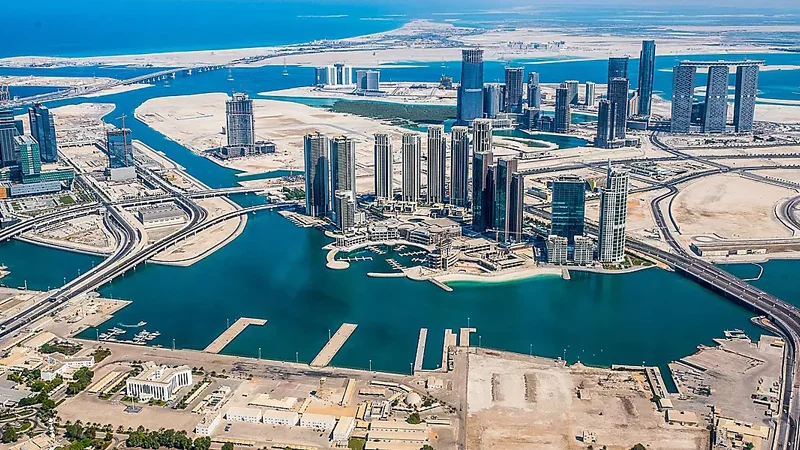
The verdict is a qualified yes. The financial benefits, safety, and quality of infrastructure make Abu Dhabi attractive despite the costs. The tax-free income allows many to save more than they ever could before.
That said, it’s not for everyone. Nature lovers who hate heat, or people who value nightlife over security, might struggle here.
The best advice? Do a thorough budget calculation based on your specific situation using the figures in this guide. If the numbers work and you’re open to experiencing a different culture, Abu Dhabi can offer an exceptional quality of life and financial opportunity.



